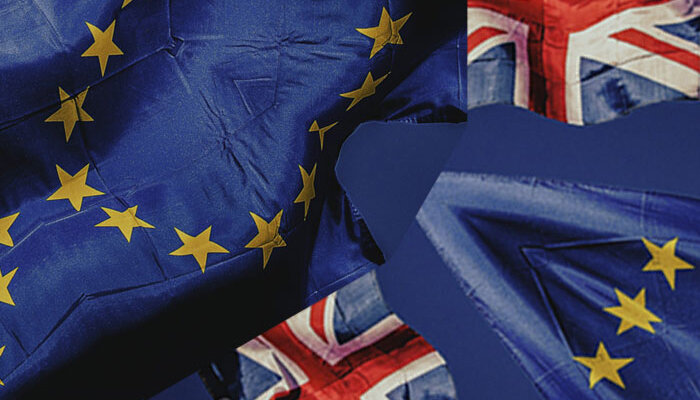The process for importing goods from the EU will change from 1 January 2021, with a new customs border being created between the UK and the EU.
Brexit negotiations are still ongoing with much uncertainty. Whether or not an agreement is reached, goods will need to have customs declarations covering their movement in and out of the UK. In addition, if you trade between the UK and Northern Ireland, then goods moved into Northern Ireland will require a movement declaration. Even with a trade agreement with the EU, there will still be a need for customs, and safety and security declarations, which will have to be filed for the movement of goods between the EU and the UK.
UK Global Tariff
As of 1 January 2021, the UK Global Tariff (UKGT) will apply to goods imported into the UK, replacing the EU’s common external tariff which applies until the 31st December 2020. The UKGT will apply to all goods imported into the UK from any country, unless one of the following applies:
an exception applies
the goods comes from countries that are part of the Generalised Scheme of Preferences
the country you are importing from has a trade agreement with the UK
Import declarations
Companies importing will need to make Import Declarations on goods coming to the UK from the EU to HMRC. These rules currently apply to importing goods from the rest of the world including Switzerland, Norway, Iceland and Liechtenstein. A business can either make customs declarations if importing goods or get someone to deal with the customs declarations for example, a freight forwarder, customs agent or broker or fast parcel operator who must have written instructions from the business to act on their behalf which HMRC will check for. Businesses will need to state the country of despatch and the port the goods came in from. A business will also need to check the new rules for the types of goods they import.
What goods are being imported into the UK?
From the 1 January 2020 the rules for importing some types of goods will change (with a period of grace for certain products). Importers will need to check what import licence or certificates they need. Importers may also need to pay an inspection fee for some goods before they are allowed into the UK. There will be new rules for animals, plants, food and agricultural products and drugs, chemicals and waste. Marking, labelling and marketing standards will change as well. Importers will need an EORI number from an EU country if a business is making declarations or getting a decision on customs in the EU.
Manufactured Goods
What an importer will need to do with manufactured goods from the 1st January 2020 will depend on what types of goods will be placed on the market. If an importer already placed goods on the UK market before the 1st January there is no need to do anything new. The goods can circulate until they reach their end user and do not need to to comply with the changes that take effect.
Food labelling
An importer will need to ensure labelling and technical documentation on all manufactured goods conforms from the 1st January 2020, if it is being imported after this date, although the UK government has extended the deadline on labelling changes to the 30 September 2022.
Commercial Contract Terms
From our experience contracts have been drafted on the basis of the UK being a member of the EU with no duty tariffs, no import checks, freedom of movement of people and jurisdiction provision in case of dispute. All contracts should be reviewed to ensure no conflict with the effects of Brexit.
Customer v Supplier Duty Obligations
Your Terms and Conditions may contain provisions which may need to be amended as a result of Brexit. If the terms and conditions are silent on who pays the duty, this may lead to a dispute between the parties. Parties have to understand exactly the consequences of their obligations, for example, where there is a provision for Delivery Duty Paid (DDP), duty is paid by the supplier and the customer will not have to pay the tariffs and it is the suppliers obligation to deal with customs formalities and clearance for goods for import.
Delivery
A supplier will usually endeavor to exclude “time being of the essence” for deliveries. Brexit (in whichever form) will result in delays in deliveries. The parties to sale of goods contracts should consider this aspect carefully as it may carry consequences in damages for late delivery. Under English law (unlike a number of civil law systems) force majeure is not implied (save for the concept indirectly of frustration, which is difficult to advance in law) and so consideration should be given as to whether a force majeure clause should be inserted into contracts governed by English law.
Conclusion
As we approach Brexit on 31 December 2020, with or without a deal, the reality is that businesses are concerned because of the uncertainty. Any commercial entity, whether buying or selling, should review their terms and conditions of business and understand exactly what their obligations are and how they fit into the new world from the 1st January 2021. Particular care and consideration should be given to who pays the duties, who deals with the customs obligations, how are delays dealt with and whether the applicable law and jurisdiction of the contract deals with the requirements of the new regime.
Our experience of international business is unrivalled and we can assist in advising on any contractual or other issue that arises from Brexit.




